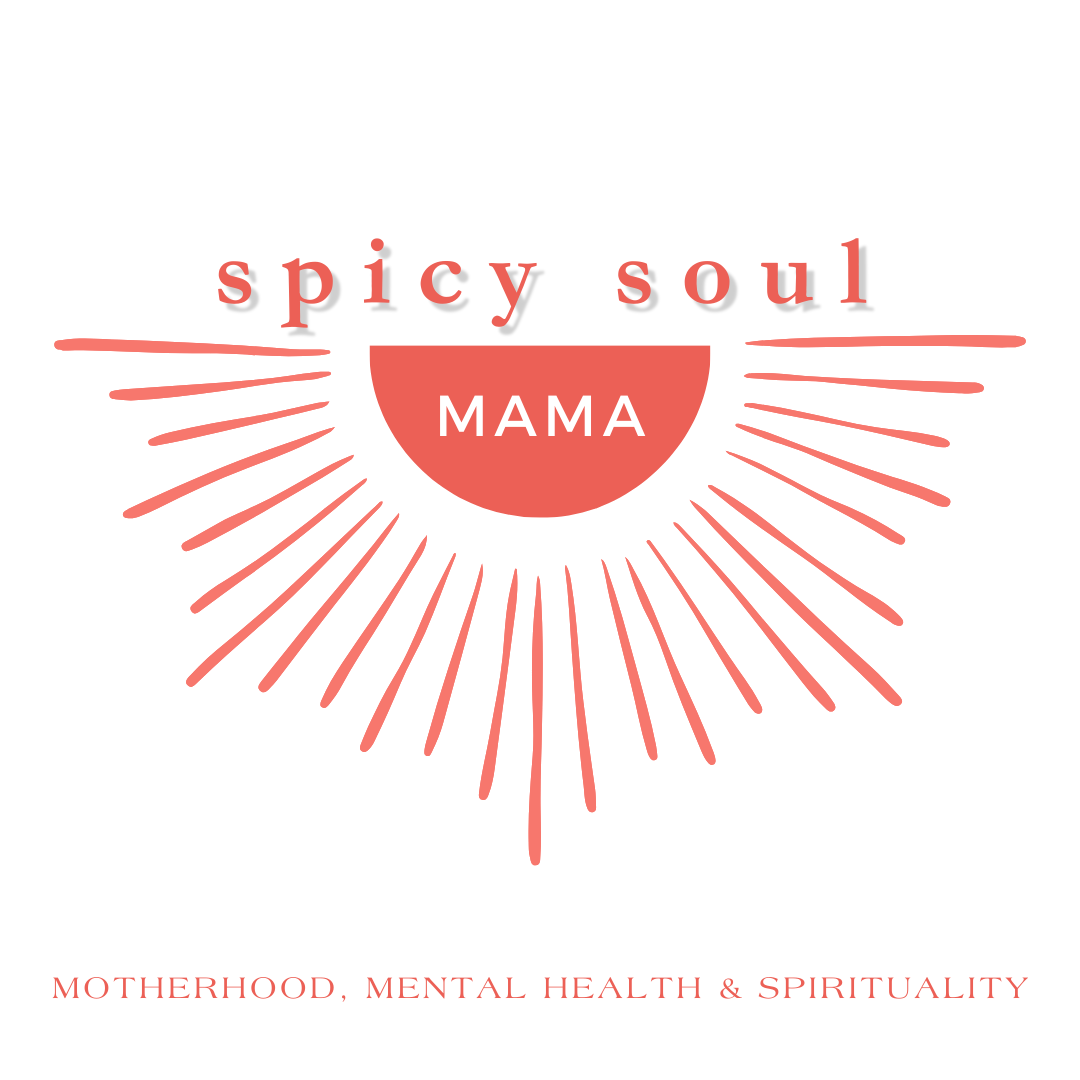Compassionate Parenting Begins with You
How do we come to terms with difficulties more kindly and gently?
Dear Parents,
Please know that the healing and growth you do for yourself is a great gift to your children. Integrating that growth into your bloodline allows your children to discover who they are as individuals and to create their own path.
There is no greater act of selfless love than this, I believe it, I’m here for it.
Self compassion is only one facet of this path.
Be love,
Shelley
I wrote this on “Notes” a feature of the Substack app where anyone can write random thought explosions that create connections. And then I realized I needed to say more about how this ongoing work of awareness as parents is never-ending in the same way as healing from any kind of grief is not linear.
The difference between misery and happiness depends on what we do with our attention. —Sharon Salzberg
Perhaps your life isn’t the way you had hoped it would be. Maybe your job, bank account, primary relationship, or even parenting skills have seen better days. Maybe it’s been difficult to get anything done, and the ball keeps getting dropped because you’re busy managing tasks like doctor’s appointments and medication for your loved one. Or maybe you are worried because your young adult is overmedicating on substances and living on the street. Maybe there’s a child who is neurodivergent, recently diagnosed on the spectrum, and you’re learning new words and ways to communicate. Or it’s an ongoing battle with your child in their development in general.
There are countless reasons why our knee-jerk reactions keep erupting and our tone of communication becomes terse sparks of fire aimed at those we care about the most.
You are not alone.
What has your inner self-talk been like lately?
I metaphorically kick myself in the stomach when I try to speak to my almost 23-year-old neurodivergent son at times because of my approach. It falls flat whenever I have an agenda, when playing the role of annoying Task Master as the only way I can communicate with him. I don’t like myself in this role — it makes me feel like a terrible parent. He is almost non-verbal, so our conversations are short and to the point. Finding new ways to ask open-ended questions is endless, and I’m not great at it when I’m wrapped up in my heady thoughts.
This isn’t his fault, so how do I change it?
There’s a whole mounting body of evidence that suggests that a kinder way of thinking about yourself - self-compassion - can ease stress, decrease pain and even spark a desire to take better care of ourselves and others.
If you’re used to beating yourself up, this is the practice for you.
I often say to my students, “The way we speak to ourselves, we wouldn’t speak to your best friend, child or spouse.”
Some science behind self-compassion
A growing number of studies have found that shifting your mindset toward self-compassion can have positive effects on your mental, emotional, and physical well-being. Research suggests that extending kindness to yourself can tame symptoms of stress, anxiety, depression, and chronic pain.
Second, the Spiritual practice of self-compassion or metta
In the Buddhist tradition, which I've been a student of for nearly 15 years, compassion is known as the trembling or the quivering of the heart in response to seeing pain or suffering. It's a movement of the heart, and it's a movement toward seeing if we can be of help.
This is a sign of strength, not a sign of acquiescence to everything, and being kind is not a weakness. We are allowed to feel these complex, layered emotions so we can release their tight grip of expectations and desire that somehow get us into inner turmoil.
When we remember a choice in how we respond, it increases our agency. It helps us become more emotionally balanced, open to the array of human emotions.
How metta works in sangha (community):
A few years ago, I was holding an online parent support group where we met to discuss spiritual teachings from Ram Dass as they related to parenting. These brave parents had faced various challenges from a child who wanted to transition to one who was struggling with addiction and another who had trouble communicating with a co-dependent adult child.
As we read some passages that helped us reframe what it meant to be a spiritual parent as the witness and then meditated using loving kindness phrases, things began to shift.
People felt grounded and more willing to be open with their children in a new way. Things shifted for them and we continued to meet. It particularly shifted for me in how I interacted with my son as when my energy shifted, so did his, and the dialogue was richer. It was MAGIC.
What people have said:
"I appreciate Shelley's guidance in our spiritual parenting group. She creates a safe space with camaraderie in a thoughtful and organic way." -- Luisa
"Durga’s facilitation of the Parent Sangha has not only brought me the emotional support that I needed to keep going but also the spiritual guidance to find some direction on the path. It has been such a blessing to have someone such as Durga to help open me up to the grace to be found in such challenging times. I’m so grateful to have her walking me home.” --David S.
Metta - Loving-Kindness
In a 4-week course, I am offering beginning in May - time to be determined based on signups. We will cover the following:
Loving-kindness towards oneself
Loving-kindness towards your child
Loving-kindness towards oneself
Loving-kindness toward your child
Alternating in this way will allow us to find a new depth in our relationship with ourselves and our child. Energetically, things will shift and expand through a brief dharma talk, some curated words from spiritual teachings and then we will practice.
Contact me if you would like to know more. I’d love to connect.
Here’s a sample practice for you.
I’ll leave you with this beautiful quote, as it captures the true depth of this practice.






I appreciate hearing your reminders about self-compassion, including in parenting. So much intriguing and helpful info in this piece.
Thank you for this. Learning about metta practice has helped me so much in my relationship with my son. A necessary part of my ongoing practice, for sure!!